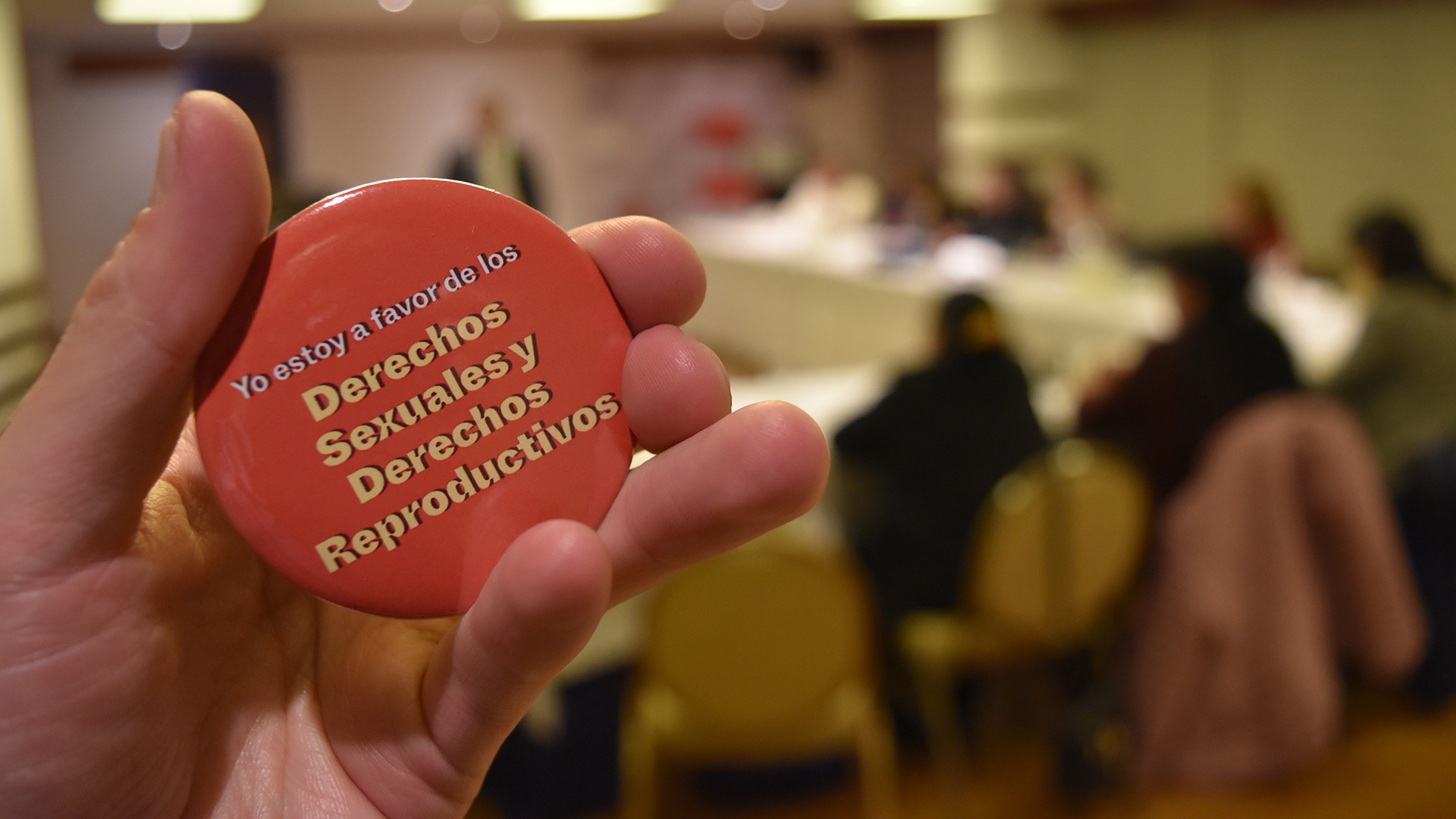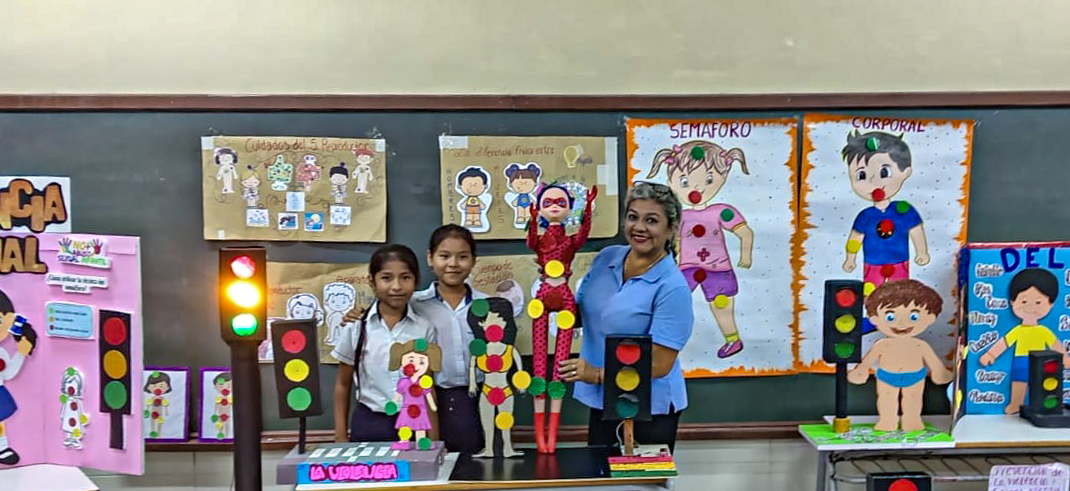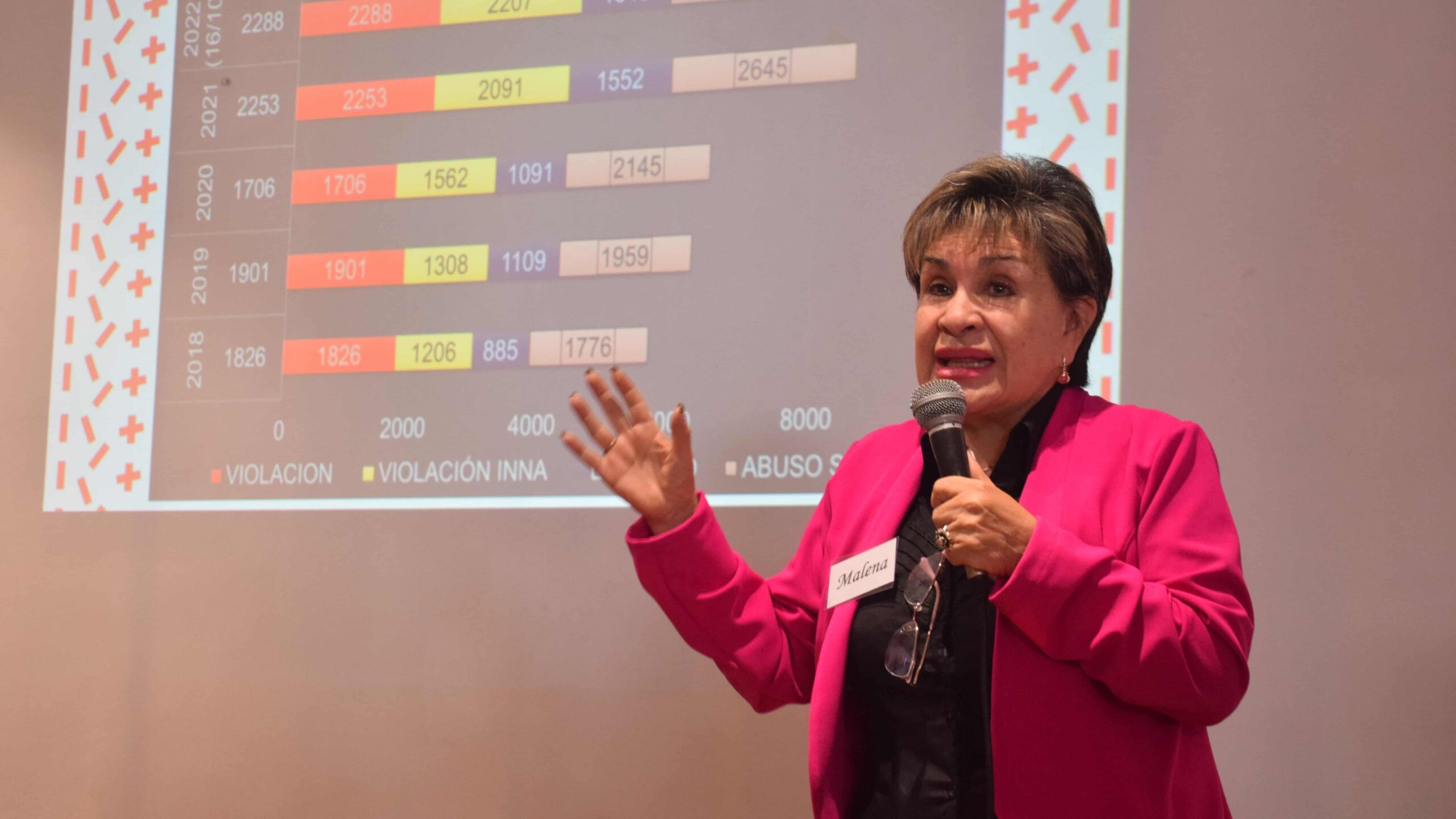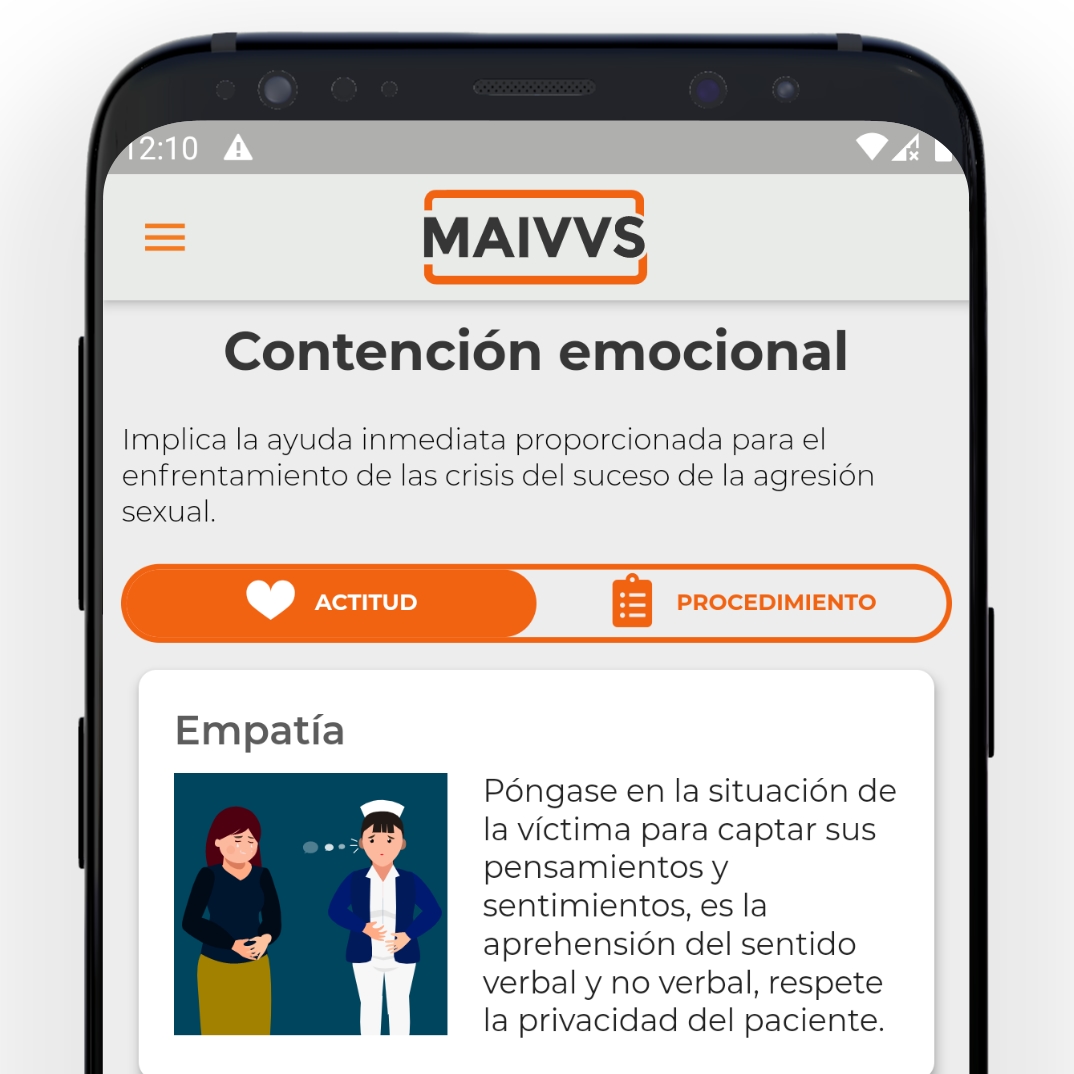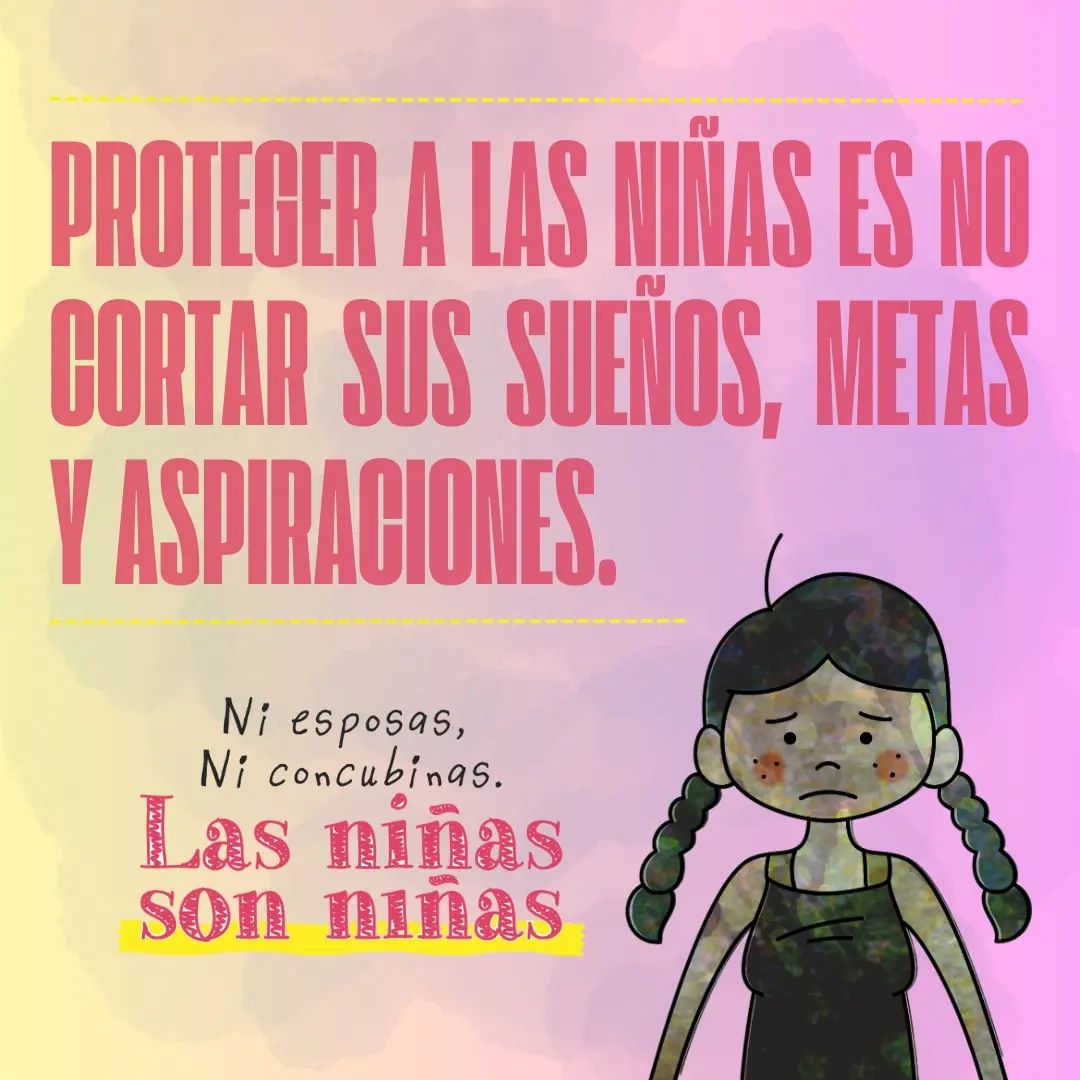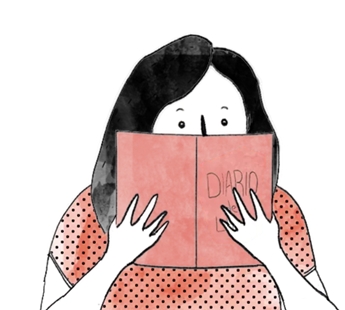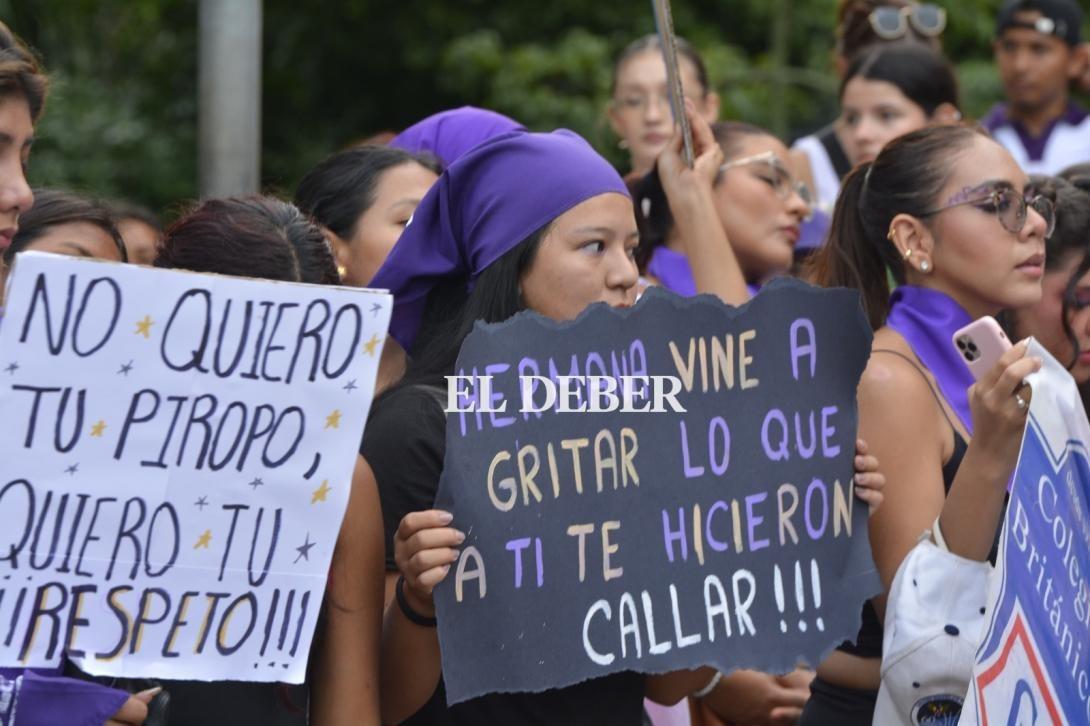For years, a minor was sexually abused by her brother-in-law, with whom she fathered two children, in Oruro.
It all began when she was just 14 years old, after her sister, the aggressor’s wife, convinced her parents to send her to live with them to help with the housework. Shortly thereafter, the abuse began under the threat that if she told what had happened, her family would be in danger.
On one occasion, her sister caught the aggressor, but instead of reporting him, she pressured the victim to keep silent. At the age of 17 she gave birth to a baby, but the abuse did not stop there and some time later she had a second child. She then became pregnant again, but this time she was forced to terminate the pregnancy.
The victim, who is now 24 years old, could not stand it any longer and decided to tell her parents everything that had happened, who reported it to the authorities. The prosecutor’s office opened an investigation and the aggressor is in police cells accused of the crime of aggravated rape, and his partner was arrested as an accomplice.
This is one of the cases investigated by the Public Prosecutor’s Office, which exposes the urgent need to curb sexual violence in the country, especially affecting minors.
Data from the Attorney General’s Office reveal the magnitude of the problem. In the first four months of 2025, 2,750 reports of sexual abuse and rape were recorded. Of these, 722 are of rape of infants, children and adolescents.
According to Unicef estimates, more than 370 million girls and women around the world, that is, one in eight, have suffered some type of sexual aggression before the age of 18, a figure that rises to 650 million if other types of sexual violence, such as verbal or through the Internet, are included.
The most serious aspect is that in almost all the cases reported, the aggressors are family members or people from the closest environment. The physical and emotional integrity of the victims is threatened precisely in spaces that should be safe, such as their own homes, schools and communities, the data reveal.
Sometimes, the abuse ends in early pregnancies, violating other rights. The departmental prosecutor of Oruro, Aldo Morales, informed that in the case of the girl who decided to break her silence, the Prosecutor’s Office is requesting preventive detention for the aggressor and a sentence of 30 years without the right to pardon, due to the aggravating circumstances.
The authority recommended parents to have more communication with their children and be attentive to their environment, to know what they do, who they meet and where they go to protect their welfare. “They are years of ordeal that this minor has lived, where the sister, knowing what happened, decided to protect the aggressor,” lamented the prosecutor.
Another case that caught the attention of the media and generated strong indignation among the population was that of a 15-year-old girl, victim of abuse by her schoolmates.
The events occurred in the municipality of Salinas de Garci Mendoza, when, during the absence of the parents of one of the young men, the latter invited the victim to his home for a meeting with seven other companions. During the meeting, the youths consumed alcoholic beverages.
Following the complaint, the minor responsible has been tried and placed in a center in the city of Oruro. In addition, the apprehension of the other minors involved, whose age varies between 15 and 17 years, has been requested.
Lives cut short
The director of the Casa de la Mujer, Ana Paola García Villagómez, notes that official data show that, in the first four months, Bolivia registered 15,536 complaints for crimes under Law 348, of which 3,455 include sexual abuse, sexual harassment, abusive sexual acts, statutory rape and rape, including child or adolescent rape (the latter includes more than 2,700 cases of sexual abuse and rape).
Villagómez points out that statistics show that 29 cases of sexual violence are reported every day in the country. He regrets that there are people who see, especially girls, as objects. He believes it is necessary to promote educational policies to curb this scourge.
“We need to engage in sexual education, comprehensive sexuality education. That is the key to reducing violence,” she insists.
She maintains that much work remains to be done so that girls can live and dream in freedom and without violence. Garcia is hopeful about a bill being debated in the Senate, which focuses on prohibiting marriage for girls under 18 years of age.
“Still in the country, girls who are 16 years old and have their parents’ authorization can get married, so they incur in the crime of statutory rape, without taking into account that one of the consequences of sexual violence is unwanted pregnancies.
In 2024, 240 children under the age of 10 were mothers, which is shocking and painful, but it is also part of a society that allows these types of violence,” he laments. Unicef notes that any type of sexual violence has an impact on human capital, because the physical and mental consequences have repercussions on the development of countries.

